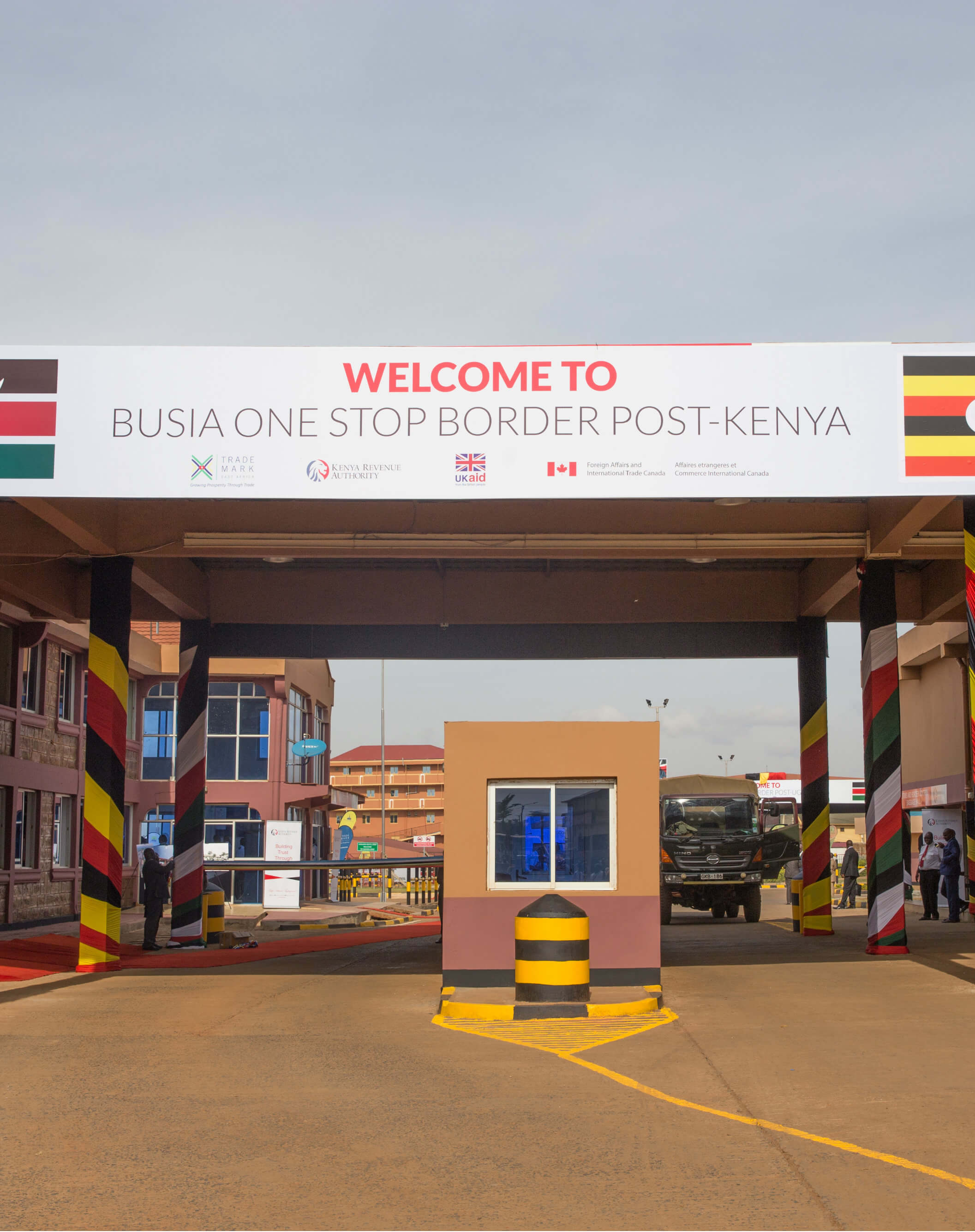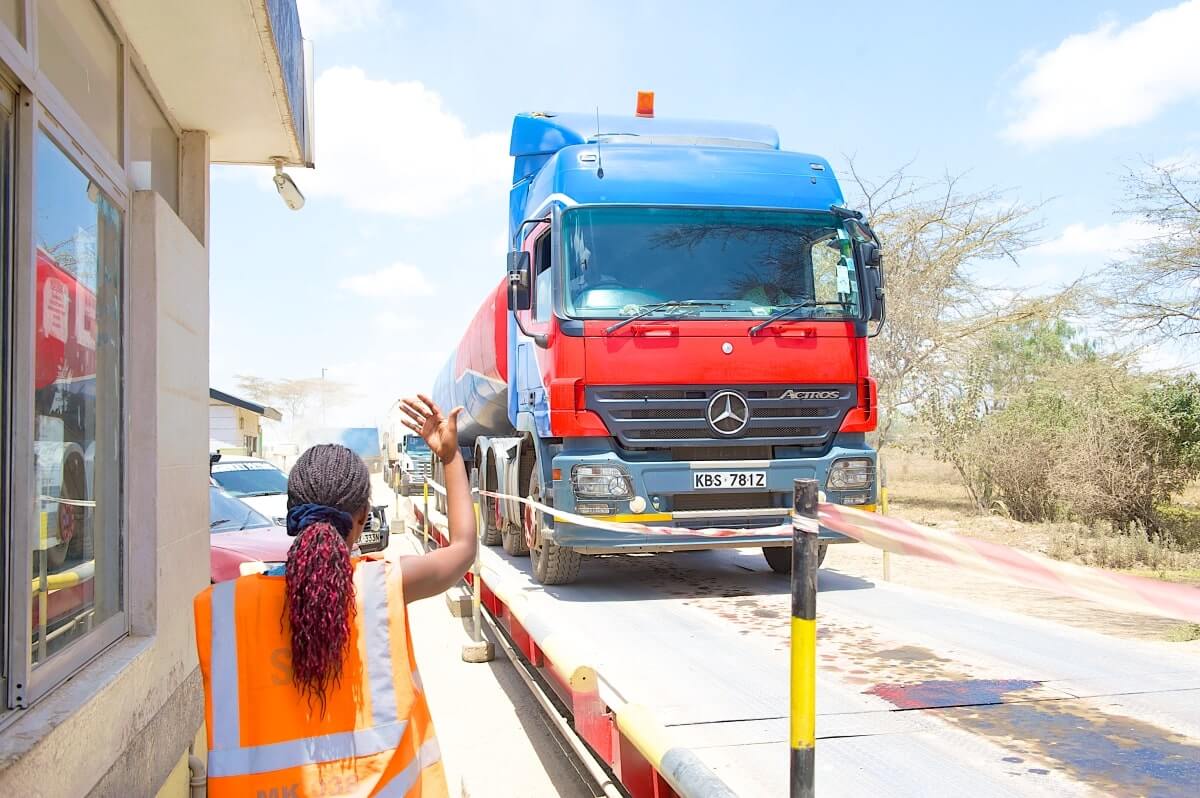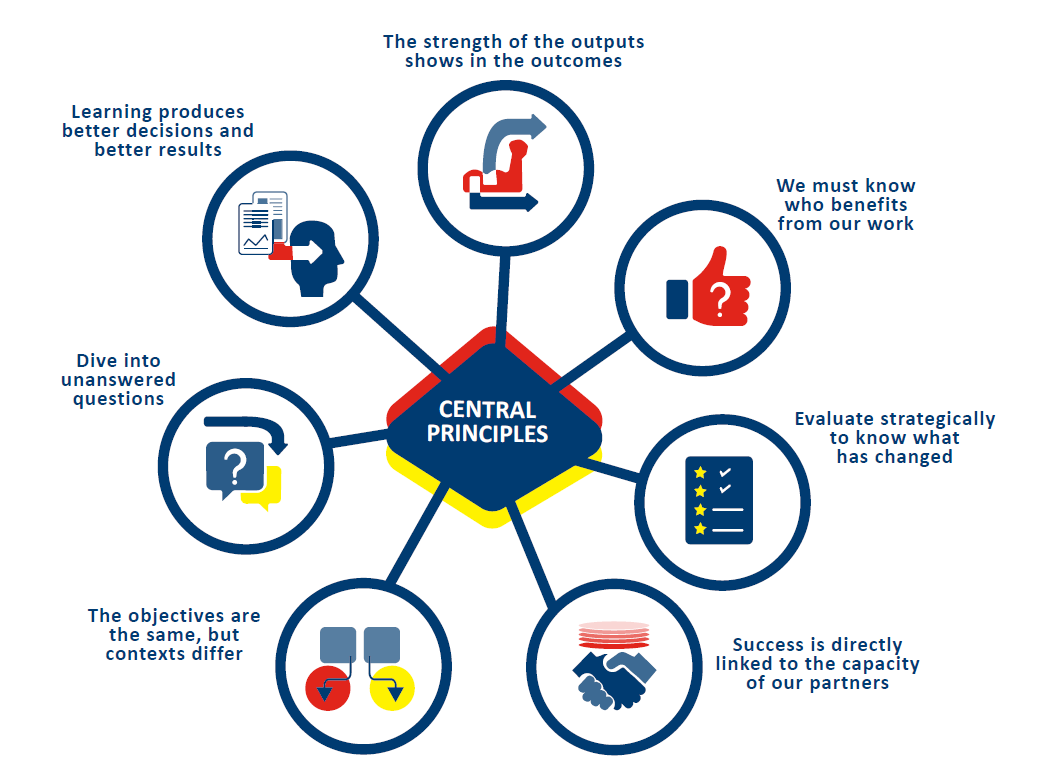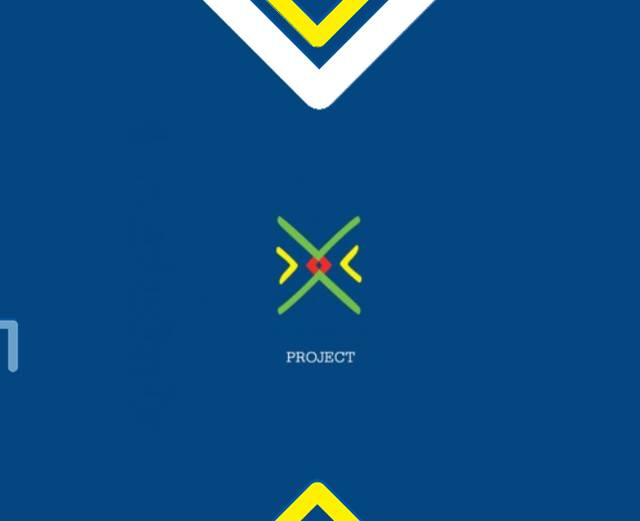
Our Projects are
Transforming African Trade
Quick Contacts
2nd Floor, Fidelity Insurance Centre Waiyaki Way, Westlands



TMA’s ultimate goal is to contribute to the achievement of sustainable, inclusive prosperity in Eastern and Southern Africa through increased trade. There are various pathways from increased trade to sustainable and inclusive prosperity. TMA’s theory relies on the assumption that increasing trade affects the economy in such a way as to improve the economic situation of poor people, particularly those working in sectors and geographic areas more affected by domestic and international trade.
Provides a comprehensive overview of the change TMA, its partners and donors seek to deliver in Eastern and Southern Africa; Describes TMA’s theories of change and identifies the monitoring, evaluation and research priorities to better understand these theories of change and the results achieved; and, Draws on TMA’s experiences and independent evaluation of Strategy 1 to develop a strong MEL approach.
TMA and its donors oversee an evaluation programme to look strategically at its interventions across the region rather than within individual programmes. This will enable TMA to test and refine its theories of change and project portfolio.
TMA’S learning agenda creates a more structured environment to review performance, reflect on lessons, and optimise programmes based on learning. The programme includes knowledge sharing activities, strategic review sessions, political economy analyses, an annual monitoring review, and results measurement for institutional capacity building.
Some assumptions and pre-conditions within the theories of change are too broad to be tackled by evaluation alone. We will therefore seek to explore them more fully through its research agenda, contributing our experience and leveraging experiences and data from others. Strengthening lessons learned combined with complementary external partnerships and applied research augments TMA’s ability to produce long-term impact in its programmes.

The projects include Mirama Hills road and OSBP, Busia OSBP, URA ASYCUDA World, URA Approved Economic Operators (AEO), URA Electronic Cargo Tracking System (ECTS), UNBS and MTIC Improve Testing, Uganda NTB National Monitoring Committee, MEACA coordination and leadership, MEACA and EAC coordination, and SEATINI


This formative evaluation set out to measure the relevance, effectiveness, efficiency, impact and sustainability of the TMEA-supported Traidlinks interventions in Rwanda and Burundi. The overall aim of this evaluation was to ascertain the results and assess the programme performance and provide the findings, conclusions and recommendations with respect to the...


Since its inception in 2011, the TMEA Kenya Country Programme has been assisting the Government of Kenya and the private sector to implement interventions to boost trade within itself, with its neighbours, and with the rest of the world, and to facilitate effective participation and leadership of the country in...


This formative evaluation gauges progress of TMEA’s NTB projects (5 projects at the country level and 1 project at the regional level) in reducing the time taken and costs involved in trading along the key corridors in East Africa. It follows the 5 OECD-DAC evaluation criteria of relevance, effectiveness, efficiency,...


The TradeMark Africa (TMEA) Standards Harmonization and Conformity Testing Programme was launched in 2011 to support the National Standards Bureaux (NSBs) in achieving regional harmonization of standards and improving their testing capacities with the aim of improving trade competitiveness in East Africa by reducing the time and cost of testing...


The Rwanda Electronic Single Window (ReSW), which was effectively launched in 2012, represents a major initiative to facilitate trade, enhance international competitiveness, and promote development and regional integration, with the ultimate aim of reducing poverty. TMEA provided $3.3 million for the first phase of this project from 2012 to 2014....


The EACFFPC is one initiative under TMEA’s third strategic objective area of “Improved Business Competitiveness”. The EACFFPC programme contributes to one of the strategic outcomes which underpins the strategic objective area, namely that of “efficient trade logistics services”. The results logic underpinning the EACFFPC project is that trained clearing agents...


Phase 1 evaluation involved assessing a total of 6 SWIFT projects whose systems had been deployed and they included: two projects in Kenya ( in the Kenya National Chamber of Commerce and Industry, (KNCCI), and the Tea Directorate (TD); two projects in Rwanda (in the Ministry of Agriculture (RALIS -...


The projects include (1) institutional capacity building for the Rwanda Standards Board (RSB), (2) support to the Ministry of Trade and Commerce’s (MINICOM’s) cross border trade project, (3) legislative support for MINEAC, (4) Kagitumba IBM, (5) Kagitumba Mirama Hills bridge), (6) Pro-Femmes/Twese Hamwe and (7) support to EACSOF. The final...

